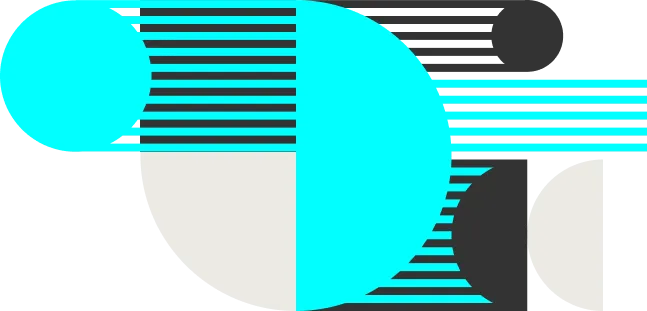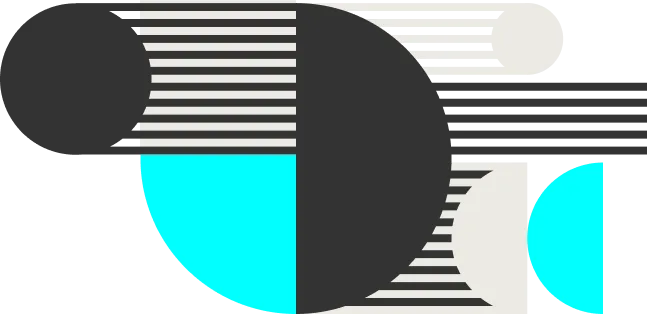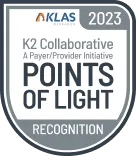The Risk
Lacking EHR data will delay the potential of machine learning and artificial intelligence in healthcare.
Healthcare providers are knee-deep in making sense of the data currently captured in electronic health records and may not be aware of the critical, non-discrete data needed to capitalize on machine learning and artificial intelligence algorithms fueling disruption elsewhere.
Is a patient having trouble remembering how to take medication as directed? Did a patient change eating or exercise habits? Does the patient feel the treatment is really effective? Answers to questions like these can be found in a patient’s records but aren’t necessarily part of a standardized form. Without this nuance of information we still have an incomplete picture. This makes calculating outcomes, uhm, let's call it "inconclusive".

For instance, physical stores stock shelves to meet demand. If I go to the store and buy a new breakfast cereal, without feedback from me, the retailer won’t know whether I came in looking for that cereal or whether I grabbed a box on impulse. Yet, online retailers can predict your behavior based on the actions and feedback of shoppers that fit my profile.
The Need
Similarly, understanding shopping behaviors and experience, it’s important for health records to fully reflect the patient experience to help us identify trends in diagnosis and treatment that better predict outcomes and compliance.
Over the past few years, there’s been a push to ask patients for feedback through automated surveys. I feel this is a giant leap forward in filling the data gap. Unfortunately, this information doesn’t always find its way into a patient’s health record. If we can link this data, we can use existing algorithms to build on (dare I say "challenge") existing protocols that guide our path through the care delivery system.
The Reward
Each doctor has their own interpretation of professional guidelines based on instruction and experience. Being able to see which doctor’s method is the most cost-efficient, least invasive, and quickest to resolve an issue will help providers develop gold standard protocols based on objective outcomes.
We’ve seen how personal digital assistants have been able to learn from user feedback. Healthcare may be known for adopting new technologies slower than other, less regulated industries, but it’s time for us to build a link to innovation.
Ready to learn more about our commitment to building healthcare’s missing link between data and innovation? Chat with our team today!





.svg)









